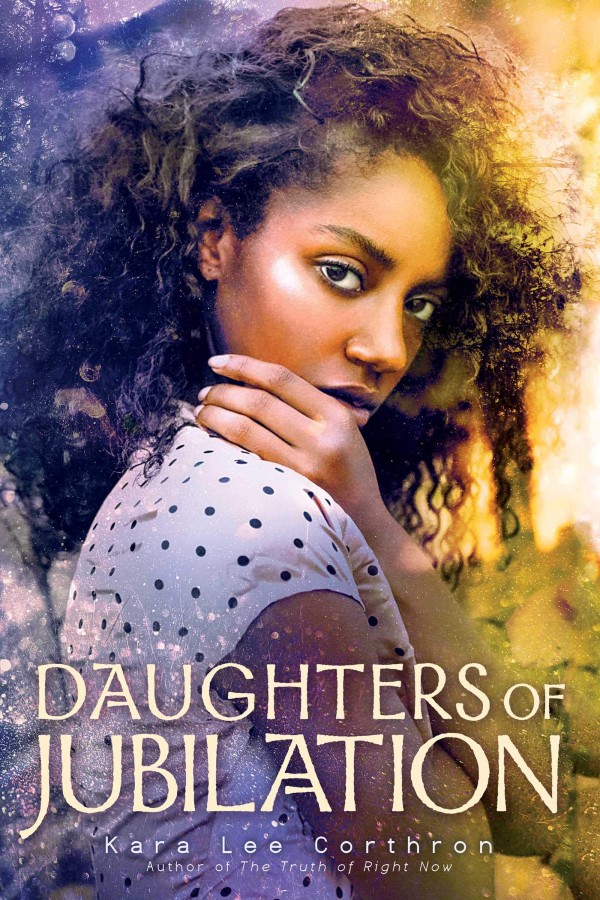
About the Book
-
Author:
- Kara Lee Corthron
- Genres:
- Fantasy
- Historical Fiction
Cover Story: Hello, Gorgeous
BFF Charm: Best Witches
Talky Talk: Dialect Driven
Bonus Factors: Black Girl Magic, Kickass Gram, Sex-Positive
Factor: 1960s in the South
Relationship Status: Dynamic
Content Warning: This book includes acts of racist violence as well as references (mostly vague) to sexual assault.
Cover Story: Hello, Gorgeous
I knew Evvie, the heroine of the book, was bewitching, but damn! This model is stunning, and while I do wish there was more of a reference to her special powers, I also understand the power of representation, so beguile away, you beautiful thing.
The Deal
Evalene Deschamps (call her Evvie) comes from a line of Black women imbued with abilities they call jubilation–a magic that evolved as a tool for survival while her ancestors endured slavery. As a sixteen-year-old girl in 1962, Evvie hasn’t yet been forced to learn the full extent of her powers or how to master them–beyond seeing haints (restless spirits), her magic mostly emerges when she experiences a strong emotion like anger or desire, and then all of a sudden, she can move objects with her mind, or read people’s thoughts. But this is the Jim Crow South, which means Evvie has more and more to be furious about, and as her abilities grow, her need to control them is paramount. Her grandmother, Atti, begins her training, but as the evils of white supremacy draw closer in the form of a shadowy figure from her past, Evvie struggles less with her powers and more with her deepening thirst for vengeance.
BFF Charm: Best Witches
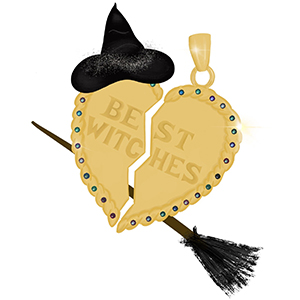
Evvie is, pardon my French, the shit. She’s strong-willed and vibrant and hilarious as hell, and she’s a real straight shooter with her opinions (of which there are many, for example: “White people will venture into deepest Africa for colored-people food.”). While her fiery spirit can make her impulsive, Evvie is still led by her heart, and that lends her a surprising sweetness that compliments her salty attitude. I adored spending time with her, whether I was legit LOLing at her sass or cheering on her fight against some motherf*$!ing racists.
Swoonworthy Scale: 5
At the beginning of the book, Evvie’s longtime crush, Clay Alexander, is finally making his move, and it’s easy to see why she’s been pining for him–he’s a total charmer, and handsome to boot. I won’t call it insta-love, because both of these crazy kids have been eyeing each other for a while, but I will say things move very quickly. Though Clay is a total dreamboat, and their connection certainly feels real, the sparks just weren’t there for me, even with the added bonus of s-e-x. What can I say, I’m a glutton for waiting until the very last page for a couple to finally get together. (Yes, I know I have a problem.)
Talky Talk: Dialect Driven
Kara Lee Corthron writes Evvie’s voice in a Black Southern dialect, which is immediately engaging but takes some getting used to. Even if the vernacular trips you up at first, Evvie’s narrative is instantly warm and familiar, like she’s been talking your ear off for years. Thanks to her sense of humor, the story moves at a lively pace, but the tone is occasionally uneven, with some of the darkest developments completely blindsiding me in a way that I doubt was intentional (but could have been!).
Bonus Factor: Black Girl Magic
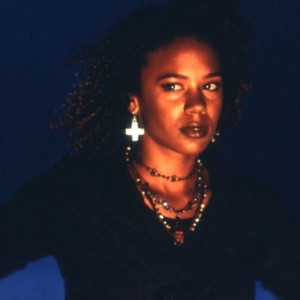
It’s thrilling and utterly inspiring to see Evvie embrace her power, both literally and metaphorically, especially because she’s fighting not against some fantastical demon or monster, but against a real evil that continues to plague our society. As her grandmother puts it, “Jube ain’t polite. Jube ain’t deferential. Jube ain’t a goddamn ice cream social,” and Evvie makes that very clear.
Bonus Factor: Kickass Gram

Grandma Atti is cantankerous AF, and when she’s not busy insulting her daughter for believing in “White Jesus,” she’s reading fortunes, practicing Voodoo, and getting her grandaughter in line. Oh yeah, and she smokes a pipe, I REST MY CASE.
Bonus Factor: Sex-Positive

As I mentioned above, there is sex in this book, and it’s depicted honestly (no purple prose here) and joyfully. Clay gets major points for being a dude in the 1960s who not only understands but revels in the pleasure of the female.
Factor: 1960s in the South

From segregation to the KKK, many aspects of the story’s 1962 South Carolina setting fall under “anti-bonus factors,” but since I consider Corthron’s rich, nuanced portrait of the Black experience during this time period to be one of the book’s best attributes, let’s just split the diff.
Relationship Status: Dynamic
Book, you’ve got personality for days, and I found your attitude to be crazy invigorating. Your story, particularly your depiction of a Black girl’s journey towards self-empowerment, made quite an impact on me, although some of your darker turns felt incongruous with your narrative. But the latter is a small price to pay for the pleasure of your bold and sassy company, and I’m thankful to have a whole new definition of “jubilation.”
Literary Matchmaking
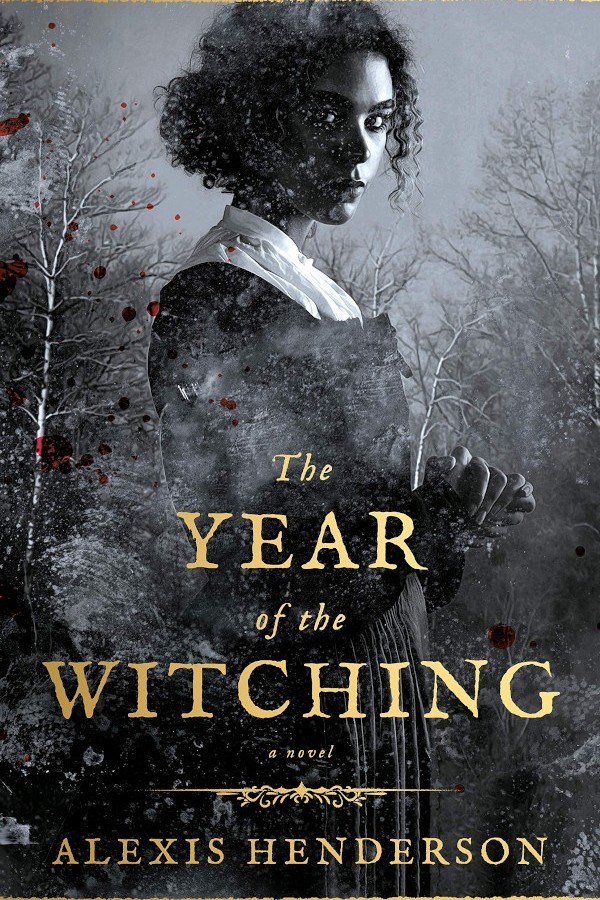
For another darkly magical read starring a strong-willed girl of color, check out The Year of the Witching by Alexis Henderson.
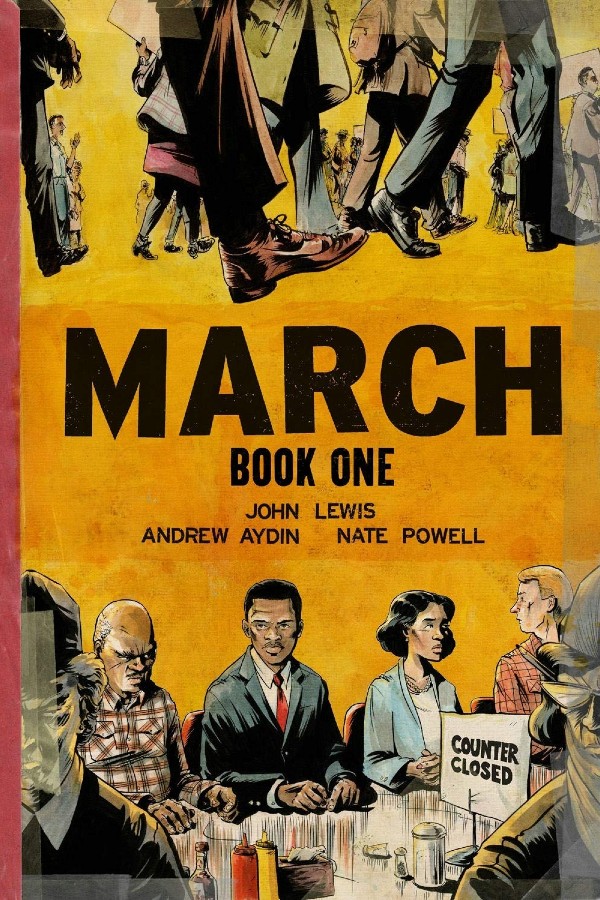
March: Book Two (March #2)
March: Book Three (March #3)
If you’re looking for Southern 1960s historical fiction, minus the fiction, grab John Lewis’ graphic novel memoir, March.
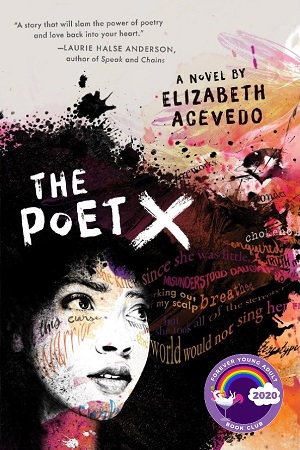
Meet a Black heroine who discovers her (non-supernatural) power to speak up against oppression in The Poet X by Elizabeth Acevedo.
FTC Full Disclosure: I received a free copy of this book from Kathleen Carter Communications, but got neither cocktails nor money in exchange for this review.